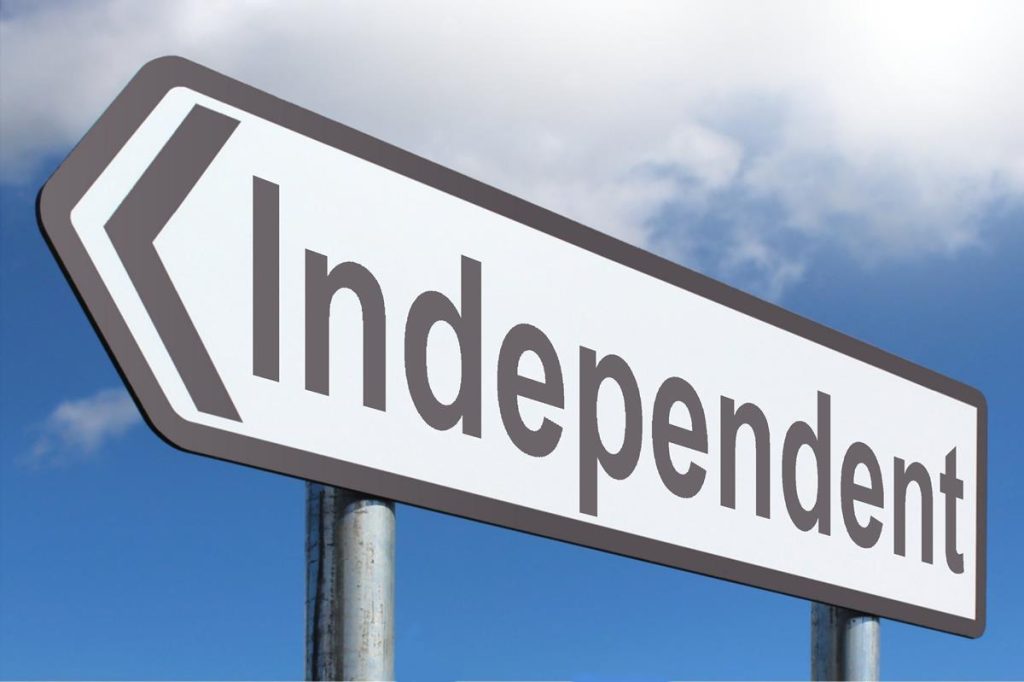Each person has their preference to live their life to the fullest. Some love to be punctual by following a specific schedule and being organized. Some others want to be free of restriction and create their own rules instead.
The difference between the two types is crystal clear in terms of working. You can be comfortable being an employee, doing a 9-to-5 job circle, and taking endless training video sessions.
But, other people may see your life circle as something terrifying, so they decide to let themselves free by becoming a freelancer or independent contractor.
The working hours of an employee, freelancer, and independent contractor are not the only things that are poles apart. Let’s delve more into what makes the three different.
Am I an Employee, Freelance, or Independent Contractor?
Are you having a hard time identifying your working type? We got your back! Let us guide you through this article.
1. Employee
An employee is a person who works for another person or a company and gets paid regularly. To become an employee, a person typically needs to undergo hiring procedures.
The hiring process commonly includes submitting an application, taking a psychological test, and getting interviewed. One must go beyond the hiring process to be a part of a company. Also, commonly they need to pass the training period for several months.
Characteristics
Let’s look at some points that define what an employee is all about, such as:
- Has a more permanent basis in terms of salary, and commission.
- Has a dedicated working space in the office (though possible to work remotely)
- Works according to the contract (job desk, work hour, work period)
- Has benefits to get health and unemployment insurance
Benefits
Even though some people don’t prefer working as an employee, it still has some benefits that make sense for your life ahead.
- Fixed income
- Fixed job desks and work hour
- Health and unemployment insurance
- Job promotion
- Training opportunity from the company
- No sudden dismissal
Downsides
It’s understandable if some people can stand being employees with an exact working hour. There are some downsides of being an employee, as follows:
- A fixed working hour may be uncomfortable for some people
- Often receives excessive assignments
- Sometimes needs to work overtime due to deadlines
- Prone to burnout
2. Freelance
The term ‘freelance’ must already be familiar to you. A freelance job doesn’t require a specific working hour, which is in contrast to corporate employment.
A freelancer refers to a self-employed person who works for a specific job or service with a project-based fee. The time frame contract per project is typically short.
Some freelancers’ most popular jobs are writer, translator, artist, performer, and salesperson.
Characteristics
Some characteristics of freelancers are:
- Self-employed
- Decides on what projects to do
- Determines when to get and do a project
- Has flexible working hours and place
- Works on short-time projects
- Income depends on the project
Benefits
There must be reasons why certain groups of people prefer working as a freelancer. Here are some of its benefits:
- Gets to control working schedule fully
- Determines own rates
- Determines work days and days off
- Doesn’t have to follow a company’s rule
- Gets to work remotely
Downsides
With a stack of benefits, being a freelancer also has some disadvantages, such as:
- Challenging for beginners
- No health and unemployment insurance from a company
- Pays for insurance, taxes, and equipment themselves
- Prone to unstable income and financial
3. Independent Contractor
An independent contractor has some similarities to a freelancer. Both of them have the control to decide where and when to work. A client can specify the result, but how to achieve that isn’t on the client’s radar anymore.
Generally speaking, an independent contractor usually has a more extended client contract lasting from six to 18 months. On the other hand, a freelancer has a shorter time frame per project.
Moreover, an independent contractor has to register their business as a sole proprietor or corporation. In contrast, a freelancer doesn’t have to.
Characteristics
As we mentioned before, the characteristics of an individual contractor is similar to a freelancer, which are:
- Self-employed
- Decides on what projects to do
- Determines when to get and do a project
- Has flexible working hours and place
- Works on more prominent and longer projects
- Income depends on projects
Benefits
There are also many benefits of being an independent contractors, which follows:
- Gets to control working schedule fully
- Determines own rates
- Determines work days and days off
- Doesn’t have to follow a company’s rule
- Gets to work remotely or in a client’s office
Downsides
If you have a high will to become an individual contractor, don’t let the disadvantages below bother you.
- No health and unemployment insurance from a company
- Pays for insurance and taxes by themselves
- Has to provide equipment themselves
- Can go wrong without competencies and skill to work independently
Wrapping Up
You’ve seen an employee, freelance, and independent contract definition, characteristics, benefits, and downsides. Now, you can identify what kind of worker you are.
Sometimes, leaving a stable job to start freelancing or contracting might slip your mind. That isn’t a bad idea if you are well-prepared. Starting a new working environment has never been easy, but always worth trying.
